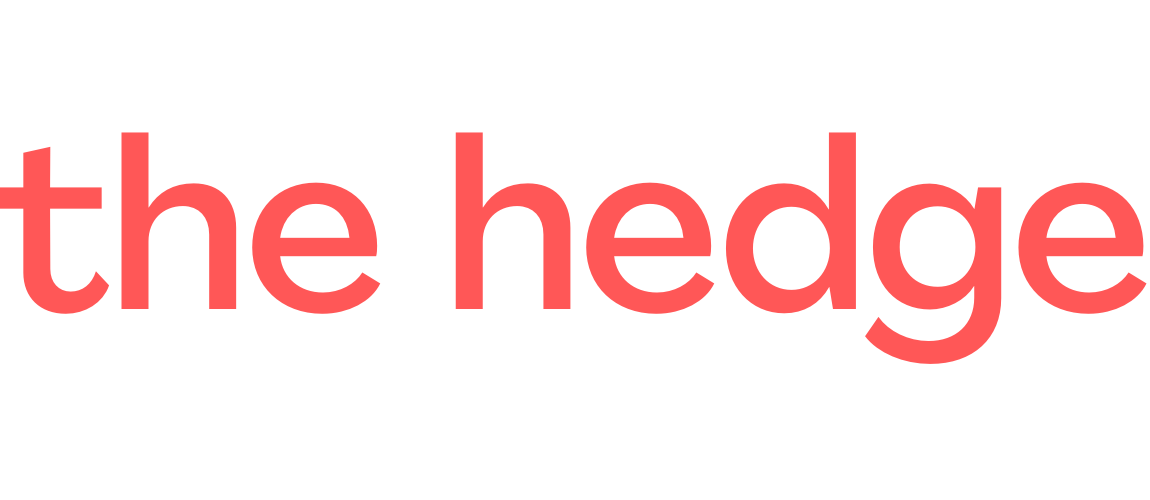Can You Get a Mortgage on a Park Home?
Park homes can seem like an attractive purchase, particularly when looking for a second property for holidays and weekends away. Park homes can be found all across the country in a wide range of locations, including some of the most beautiful National Parks and Areas of Outstanding National Beauty such as the Lake District, Anglesey, Devon & Cornwall.
Whilst park homes will generally have a considerably lower purchase price than a freehold or leasehold property, there are a number of conditions that you need to be aware of when you're looking at purchasing one. To start with, you are not able to get a traditional mortgage on a park home.
Don’t worry though, your park home dreams aren't necessarily dashed, as there are finance options available if you don’t have the cash to buy one outright. In this article we'll go over the finance options you have for a park home, and some of the other things to consider when you’re in the market.
How to Finance a Park Home
If you don’t have the cash to buy a park home outright, you’re going to have to look at different types of financing. A traditional mortgage doesn’t work for a park home, because you don’t actually only own the land that the park home is situated on. This means that a bank or mortgage lender can’t take the land as security for the loan, and the building structure itself actually depreciates in value over time as it gets old and eventually needs replacing.
Access Equity Your Home Mortgage
However, there are ways to access finance to purchase a park home. The first and likely most simple way, is to access equity in your primary residence, if you have one. If you’ve built up equity in your own home and you have the income to support a higher loan amount, you can look to increase your existing loan or refinance to access cash to pay for a park home.
For example, if you have a property worth £400,000 and an existing mortgage of £200,000 you could look to increase this mortgage to £250,000 and use the additional £50,000 to purchase the park home. You should be aware that this will increase your mortgage repayment, and you will need to meet the affordability criteria of your bank in order to be approved for the loan.
This method is the option that will likely have the lowest interest rates, as the increased borrowing will be secured against your home. With that said, it’s important to keep in mind that you will be borrowing to fund a depreciating asset. Whilst it's reasonable to expect the value of your home to increase over time, the same can’t be said for the value of the park home.
Take a Park Home Loan
Whilst a traditional mortgage is out of the question for a park home, there are companies that specialise in offering loans for them. The best way to think of these is similar to a car loan, as the borrowing is secured against the asset, even though the asset itself depreciates over time.
Just like car loans, the interest rates on park home loans are going to be higher due to the security that the loan is attached to being a depreciating asset. The most you will likely be able to borrow is 80% of the cost of the park home, and the maximum loan length is usually around 15 years.
Because of this situation, it’s important to keep in mind that if you decide to sell your park home in the future and you still have a loan on it, the loan value could actually be higher than the sale price you can get for the park home. As with any loan, you need to make sure you can afford the repayments and understand that the asset can be repossessed if you fall behind.
Is a Park Home a Good Investment?
As mentioned above, a park home is quite different to a regular flat or house. The main reason why most properties go up in value over a long period of time is because the value of the land increases. It’s generally not possible to create more land, and as an area becomes more popular or the population grows, this means that there are fewer plots to go around. This scarcity drives the price up. Even if you own a flat, you are still a part owner of the land that the total complex is built on.
The actual building itself tends to be a depreciating asset. A house or an apartment building would eventually degrade and fall down if not properly maintained, which means that over time all buildings will eventually depreciate to be worth nothing. Obviously there are exceptions such as listed buildings, but generally this is the case.
It’s for this reason that park homes are not a good financial investment. As the owner of the park home you own the building and have a right to occupy the space, but you don’t own the land that it sits on. It is owned by the park owner. What this means is that over time, the park home will depreciate until it becomes too old and rundown to live in or repair, at which point it becomes worth nothing.
You will also generally have to pay an ongoing rent to the park home owner for the right to occupy the land. This means that not only does the building itself depreciate in value, you also need to pay ongoing costs to maintain your right to keep your building in the space.
That's not to say that a park home is not worth buying. If you love the area it's in and you plan to visit regularly, it can be a fantastic lifestyle investment that can bring you and your family a huge amount of joy and a place to build memories. But it's important to consider the purchase as an expenditure, not an investment.
Do You Pay Council Tax on a Park Home?
If you live in a park home as your main residence, then you do have to pay Council Tax. There are a number of potential discounts on the Council Tax that you can apply for, and we go over a lot of them in this article.
On the other hand, if you have a park home that you just use for holiday and occasional use, you don’t have to pay council tax on it. There are no strict definitions on how much time you can spend living in a park home without needing to pay Council Tax, it just can’t be your main residence. This doesn’t mean you avoid Council Tax altogether, as obviously you would be paying it on the property that is classed as your main residence.
How Often Do You Need to Replace a Park Home?
As with any consumer goods, it depends a lot on the quality of the home you purchase and the longevity of the materials used. It will also depend on the level of care and attention that is taken to maintain the property, as obviously the better looked after it is the longer it will last.
Manufacturers say that some well maintained park homes can last for 40 to 50 years. It’s important to keep in mind that this is how long they can potentially last from brand new. If you’re looking to purchase a pre-existing home, you should find out when this was built and try to gain an understanding of how well it has been maintained since it was built.
Summary
Park homes can be a fantastic quality of life addition to you and your family. They can give you space to get away from the hustle and bustle of daily life and spend time with those important to you. But, they can be a fairly sizable financial commitment.
First and foremost, the initial cost of purchasing a park home can be significant, and it’s not possible to get a traditional mortgage to help with the purchase price. There are finance options that are available to those looking to borrow money to fund the purchase, but it’s important to ensure that it is both affordable and sustainable when it comes to your personal financial circumstances and monthly budget.










